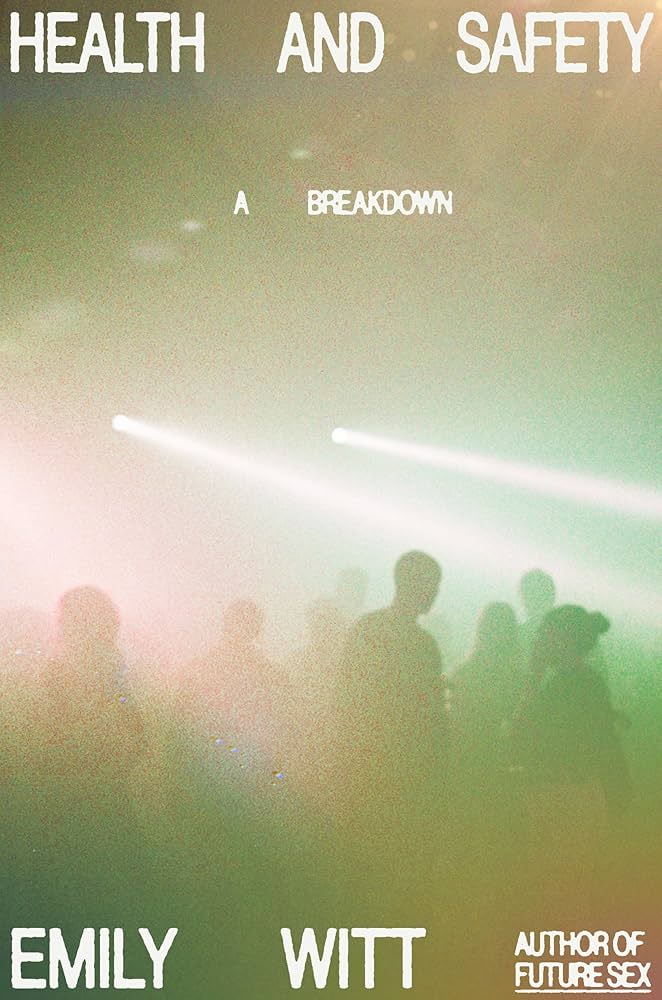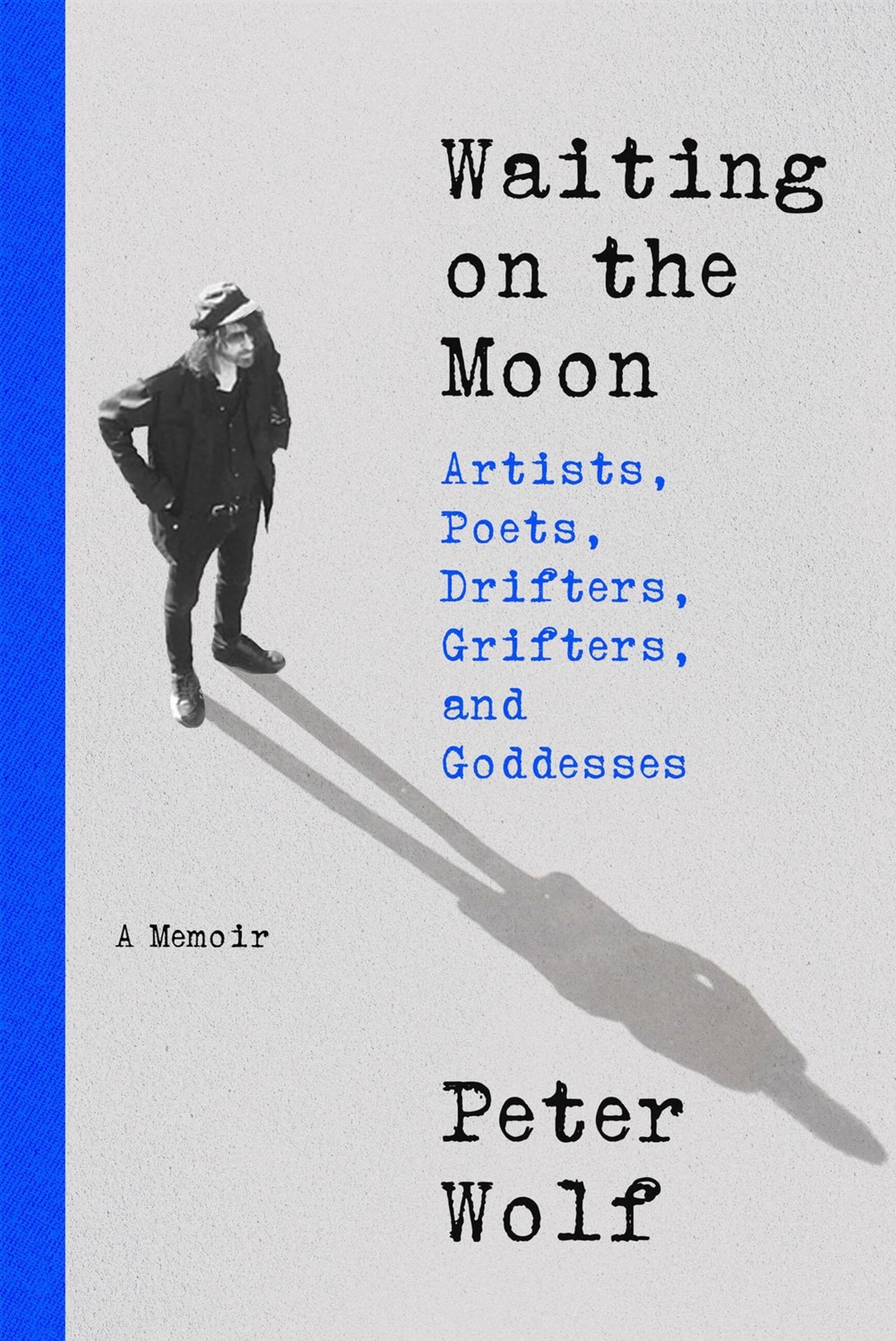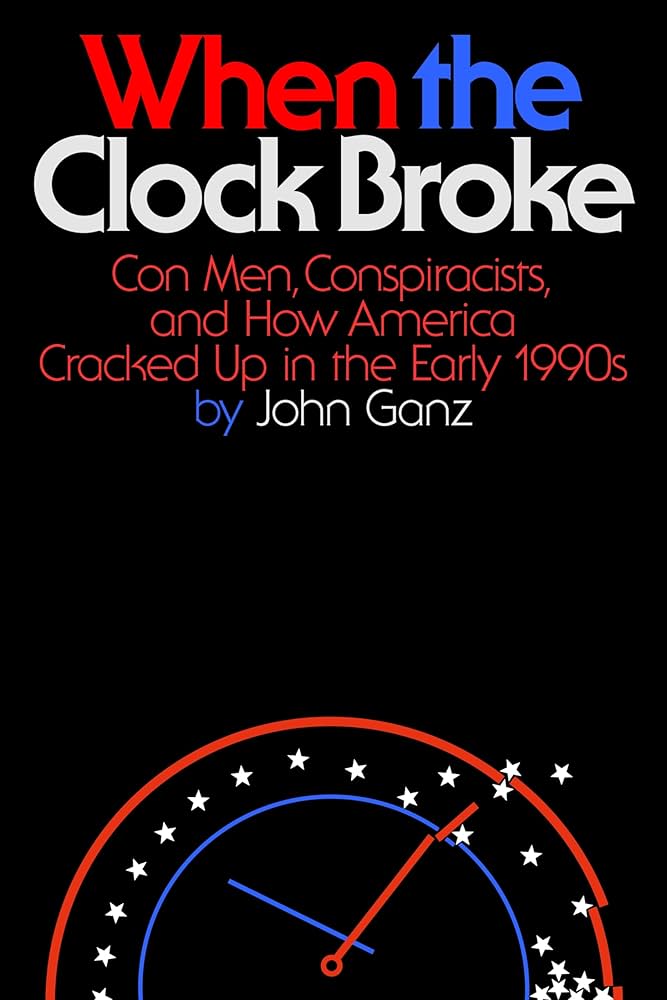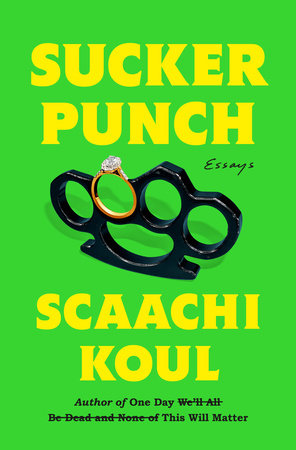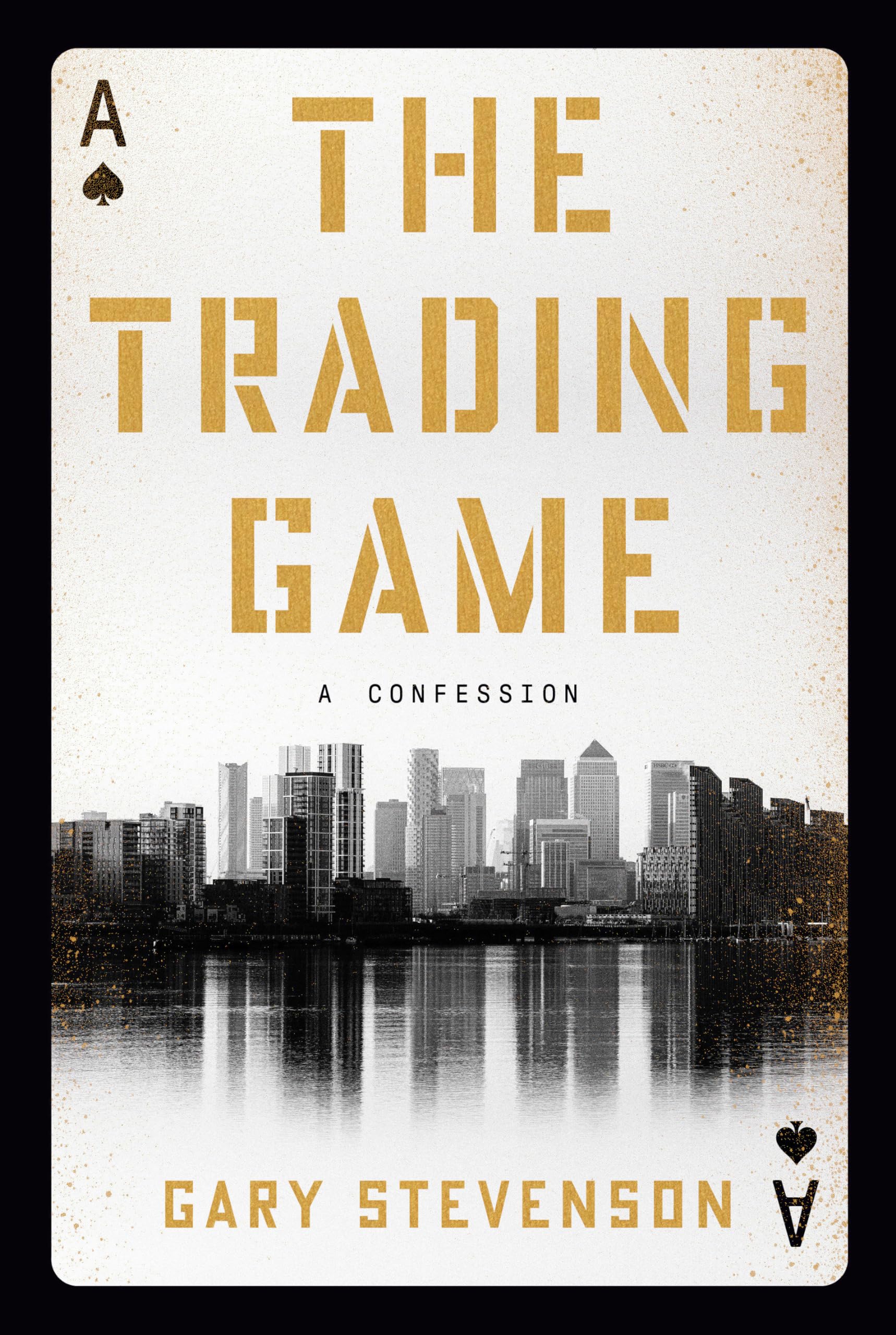Emily Witt is an excellent writer. There’s a lot about this book I didn’t care for or rolled my eyes at. I was annoyed, irritated and sometimes infuriated. But I was never bored.
There’s not an unoriginal phrase in this book.
Health and Safety is a memoir – at the beginning Witt writes about how she weaned herself off of antidepressants and began taking street drugs in her early 30s. By then she was well-educated, well-connected and accomplished. This book begins with a couple of experiments with psychedelics that misfire, and spirals into an encyclopedia of party drugs: cocaine, ketamine, LSD, GHB, MDMA, weed, and mushrooms, among others. It purports to profile rave culture in NYC during the first Trump presidency and the pandemic, but that’s not at all what I got out of it.
Everyone knows an ultra high-achiever who spent their 20s committed to school or work or just doing the right thing, who at a certain point starts doing high-risk things to make up for lost time. I don’t know Witt, I have no idea if this is a description of her, but it’s certainly the impression the book left me with.
Health and Safety is separated into three parts, mostly chronicling the troubled relationship she had with her boyfriend Andrew, as it related to her writing career and extracurriculars.
The first part, roughly half of the book, read like someone desperately trying to demonstrate their cool-kid credentials: long passages about days-long parties that border on self-parody, sometimes venture into Stefon-like descriptions. They don’t do much to bring the scenes to life, but clearly transmit how exclusive and cool the scene is. Witt travels to Berlin and describes the techno scene there, she name drops DJs and nightclubs, but it comes off like listening to an old dude tell you about obscure bands he saw at CBGB in the 80s. It’s tiresome and the stories aren’t that interesting. People have sex in bathrooms, guys!
The second part is about her reporting during the first Trump presidency. She goes to Parkland, Florida and wrings her hands over gun control. She does some Black Lives Matter protests in NYC and other cities. She participates in marches. It’s misplaced, it’s dull, and her performative progressivism irritated me.
The third part, about her boyfriend’s terrifying psychotic break, was excerpted at length back in July in The New Yorker. Read that piece and save yourself the time and $40.
The fact that her boyfriend had some kind of psychotic break is horrifying, and I speak as someone whose loved one went through something similar. Witt was threatened, terrorized and terrified. I feel great sympathy for her and Andrew, and I don’t at all hold her responsible for what happened with him. The issue I have with this section is that Witt assigns blame for Andrew’s break solely to attending a Black Lives Matter protest and getting roughed up and arrested, rather than the 200 pages of hedonism, psychoactive chemicals and sleep deprivation that precede it.
In this review in the Washington Post by Lauren Oyler (archive link), she hits on it too:
But rather than examine the unfair truth that not everyone can be a party girlboss — “some minds get lost along the way” — the self-described “pious” user who got into psychedelics for “introspection” in her former life returns, with high-flown moral justifications for an activity with a scientifically proven appeal: Andrew “took [drugs] to turn off parts of himself that threatened to destroy him. I took them to psychically rearrange a world I understood to be so deeply corrupted by moral hypocrisy and the profit motive that I sought a chemical window to see outside (also for pleasure, for fun).”
That quote at the end pretty much sums up the tone of the book. Witt spends a lot of Health and Safety in cosplay as a modern progressive: she’s publicly fine with an open relationship (privately, she’s jealous as hell). She goes to parties where no judgement takes place (unless you dress a certain way, or are from New Jersey, or a ‘scene tourist’ or whatever). She’s mad at the young money that is gentrifying New York (though she’s clearly part of it). She loves everyone (and looks down her nose at Trump voters, people from her hometown and tourists).
The book seems like an effort to turn the New Yorker piece into a full-length memoir, but she’s not at all curious about the role of illicit drugs in Andrew’s psychosis, or a kind of anthropological look at rave culture, or any kind of perspective about why this lifestyle might be a bad idea for someone on the wrong side of 30. Witt wants you to know that she’s wild, dammit, and if other people can’t keep up, that’s their problem.

